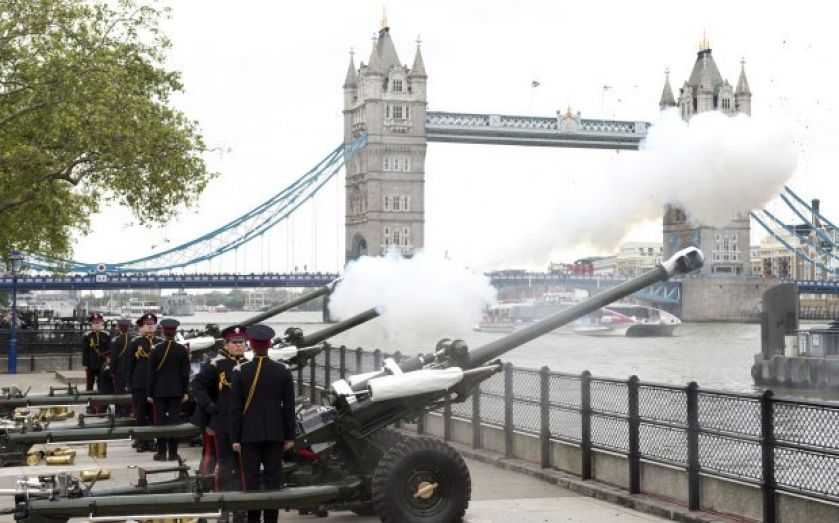Mobilising the best of British: How the City can get behind the new-look armed forces

The Olympics, the Queen’s Diamond Jubilee and the annual Lord Mayor’s Show have all showcased the very best of Britain and London. And at the centre of each of these events have been our armed forces.
As military operations in Afghanistan draw to a close, our armed forces are changing. We are expanding the role of our reserves across the forces, especially in the army, where we plan to have a trained reserve force of around 30,000 by 2020. Well-known army reserve London units, such as the Honourable Artillery Company, as well as HMS President, 600 (City of London) Squadron Royal Auxiliary Air Force, and the Royal Marines Reserve are all taking on new recruits.
Important changes also came into effect last week that could have an impact on businesses across London. We are expanding the types of operations reservists can be mobilised for, and are moving towards the use of formed sub-units and units, rather than just individuals, on operations. For reservists, this means a much wider set of challenging exercises, many of them in overseas training areas from Canada and Cyprus to Kenya. These offer reservists the opportunity to develop the command and leadership abilities needed on operations. For the employer, these motivated men and women will bring back an even greater array of skills.
Some companies are concerned about the potential of losing crucial employees for extended periods on mobilisation. In fact, it will be unusual for more people to be mobilised than during recent years – an average of 2,500 per year for Afghanistan and Iraq – and part of our new deal is a commitment to ensuring extended notice of mobilisation, except in cases of national emergency.
Over 150 London employers have already pledged their support for reservists, including industry leaders such as BT, Barclays, Deloitte, EY and Lloyds. These, and many other companies, see supporting the reserves as part of their corporate social responsibility. But it also makes good business sense.
BT employs over 200 reservists. In fact, the company provides up to two thirds of the personnel employed in 81 Signal Squadron, a specialist reserve communications unit that supports our armed forces across the globe. BT gets personnel with cutting-edge skills, used to working in diverse and challenging environments. In return, it provides two weeks’ extra paid leave for reserve service for each employee who joins.
Small and medium-sized enterprises across London are also keen to play their part, which is why additional financial support of up to £500 a month will be available to help alleviate the reserve commitment, which can be felt more directly by smaller companies.
As the reserves expand, my challenge to you and your companies is simple: how can you increase your support to those reserves who contribute so much to our society through both their civilian and military roles?